What better time to become involved in environmental projects around Wales but this coming spring?
1. Urban Buzz: bring back pollinators in Cardiff
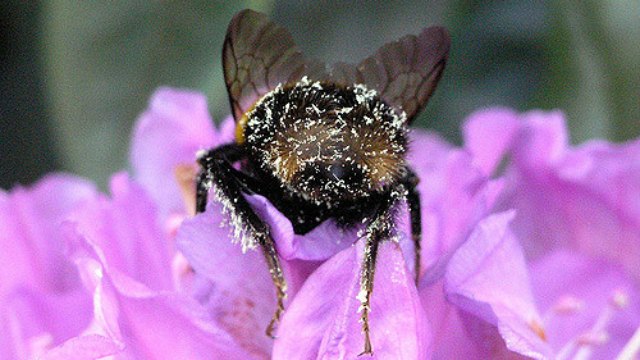
Pollinators play an important role in producing the food we consume everyday but they are facing various threats. Indeed, with the fast increase in urbanization the pollinators are rapidly losing their habitats.
Michelle Bales, who is in charge of the Urban Buzz (Buglife) project in Cardiff, explains: “Urban Buzz is a UK-based project covering eight cities over three years. The project will develop in Cardiff for the first 18 months. Part of the project is to try to increase pollinator habitats in urban environment, which targets the city. We do this through both increasing foraging and nesting sites.”
They are always looking for volunteers to develop new sites and help them plant pollinator-friendly plants. So, why not give it a go?
2. The Vincent Wildlife Trust: recover Pine Martens populations
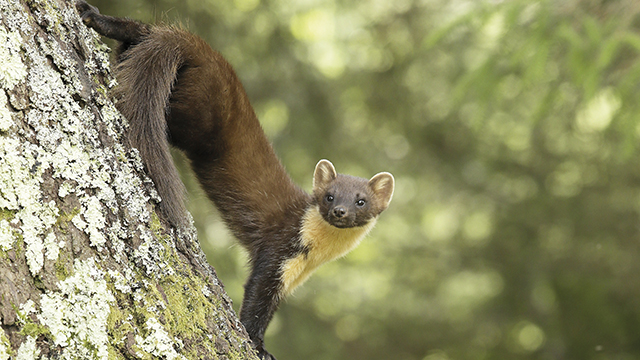
Pine martens are playing an important role in healthy woodland ecosystem and can help control pest species such as grey squirrels. But forest clearance and the rise of game shooting in the 19th century triggered the decline of their populations in the UK. Even though the species is currently doing well in Scotland, they are unlikely to survive without intervention in England and Wales.
To reverse the trend, The Vincent Wildlife Trust is boosting the mid-Wales populations by trans locating individuals from Scotland.
You can help the project by reporting any potential sighting of pine martens and encourage others to do the same.
3. People’s Trust for Endangered Species: help save dormice
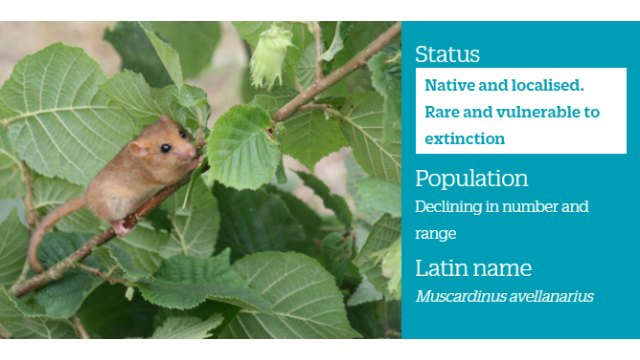
Dormice used to be widespread through the UK but they are now in serious decline and even extinct in some areas. The reasons behind this change are shifts in woodland management, farming practices, loss of hedgerows and the increase of their habitat fragmentation.
The People’s Trust for Endangered Species is working on reversing the trend through a nationwide monitoring scheme, a reintroduction program and specific training for woodland managers.
You can join the campaign by attending events organized by the PTES, take your family for a walk in the woods, record your dormouse sightings, or even manage your woodland to make it more dormice-friendly.
4. Otter project: otter conservation with Cardiff University
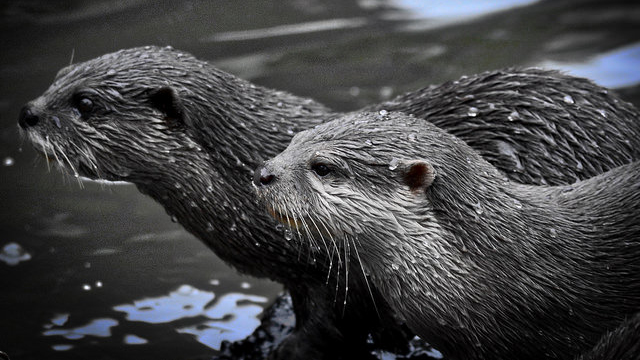
Otters are great indicators of the health of aquatic systems but their elusive nature makes their monitoring difficult. Having declined dramatically in the UK during the 1960s and 1970s, otters were then reintroduced in 1980s and 1990s to help the populations recover.
Cardiff University launched the Otter Project in 1992 and has since been studying dead otters to investigate contaminants, disease and population biology across Britain.
You can get involved by reporting dead otters sightings and assisting the autopsy procedures. Check out the project’s Facebook page to know more about what you can do to help.
5. Cardigan Bay Marine Wildlife Centre: identify marine wildlife
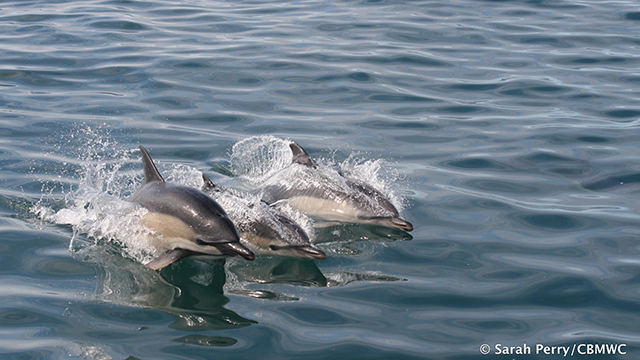
Are you more into marine wildlife? Well, then Cardigan Bay Marine Wildlife Centre (CBMWC) could be the opportunity you were looking for.
The marine centre was established in 1996 and is dedicated to preserving the Cardigan Bay’s marine wildlife through both research and education. Recently fully integrated into the Wildlife Trust of South and West Wales, the centre work in partnership with the Dolphin Survey Boat Trips to collect data on bottlenose dolphins, harbour porpoise, Atlantic grey seals and other marine mammals.
The centre is always looking for new volunteers, so if you always dream of spotting seals or photo IDing dolphins why not apply for the position? People from all ages and backgrounds are welcome and a full training is provided.
6. Surfers Against Sewage: participate in the Big Spring Beach Clean

Do you want to make a difference and help to protect the environment? Then the Big Spring Beach Clean is exactly what you need.
With storm Imogen recently sweeping through the UK, tonnes of marine litter have been dumped along the coastline. Considering that eight million pieces of marine litter ends up in the ocean every day worldwide, cleaning beaches is an important task to accomplish.
Join Surfers Against Sewage and Parley for the Oceans in the biggest single community beach clean effort in Britain. The project is uniting 7,000 grassroots volunteers to clean over 200 locations across England, Wales, Scotland and Northern Ireland.
7. The Mid Wales Red Squirrel Partnership: protect red squirrels
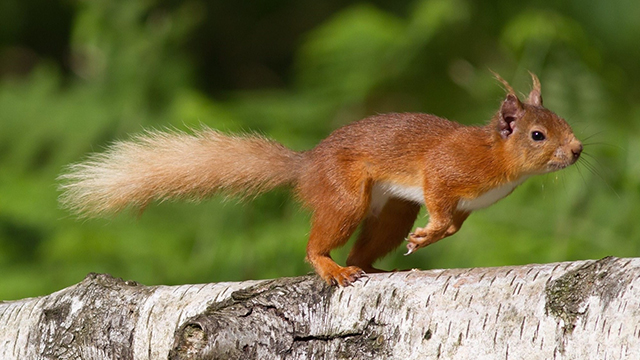
Red squirrels are in serious decline all over the UK due to habitat loss but also due to the introduction of another species of squirrel from America: the grey squirrel. This non-native species threatens the red squirrels by competing for resources but also by transmitting them a lethal squirrel pox virus.
The Mid Wales Red Squirrel Partnership was established in 2002 and aims at expanding and preserving the unique population of red squirrels left in Mid-Wales. The project involves genetic research, habitat management and grey squirrels control.
You can get involved in the project in various ways such as taking part in the Trap Loan Scheme to help capture grey squirrels, set up a squirrel feeding station or even volunteer to survey the recovery of red squirrels population.
